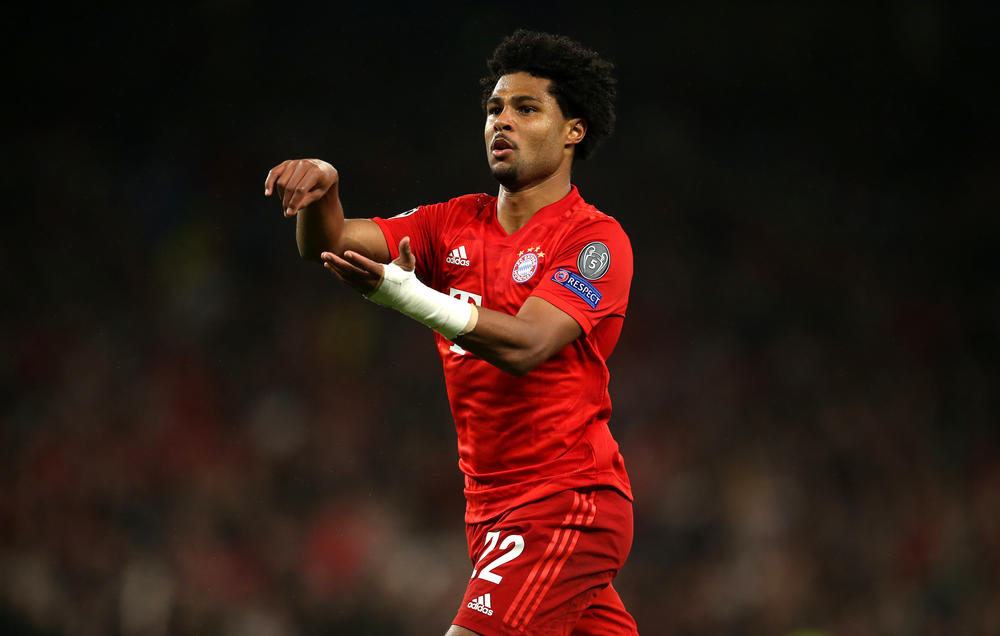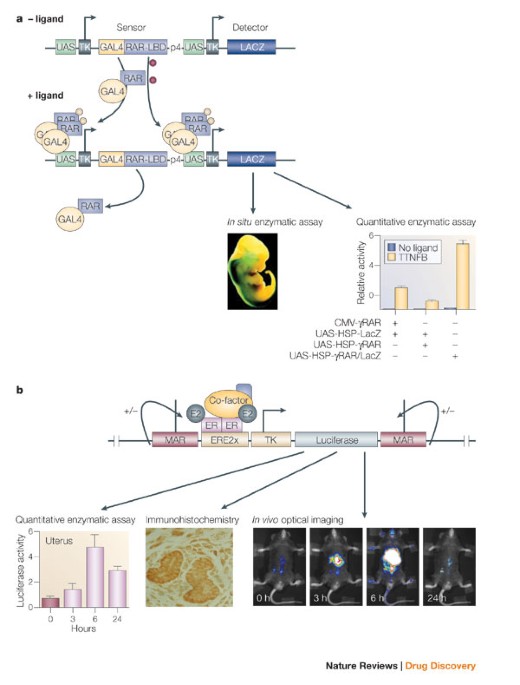
- Select a language for the TTS:
- UK English Female
- UK English Male
- US English Female
- US English Male
- Australian Female
- Australian Male
- Language selected: (auto detect) - EN
Play all audios:
Good intelligence helps prevent wars, but it also helps win wars. Intelligence failures quickly get into the public domain but successes are usually slow to emerge. We are unlikely to learn
soon how Western intelligence agencies came to an astonishingly accurate assessment of Russia’ intentions towards Ukraine. It looks as if there must have been leaks from within the Kremlin
about Putin’s plans, but why did his coterie of kleptocrats not realise that Russia couldn’t behave in Europe as it did in Chechnya and Syria without a massive reaction? Or were Putin’s
advisers simply too frightened to tell him? What was the intelligence agencies’ understanding of Putin’s psychology? And what was President Biden’s thinking behind his remarkable, detailed
revelation of Putin’s intentions? Analysing the intentions of paranoid autocratic leaders — dictators — is notoriously difficult. It requires HUMINT, agents in place close to the head of
State, privy to his thinking. In November 2021, the US Director of National Intelligence, Avril Haines, visited NATO headquarters to share growing suspicions that Russia was planning to
attack Ukraine. After the Iraq WMD (weapons of mass destruction) fiasco in 2003, and the failure to predict how quickly Kabul would fall, there was a degree of scepticism. By February this
year the US, and to a lesser degree British intelligence agencies must have had telling IMINT (Imagery Intelligence), clear satellite photographs of troop build-ups and SIGINT, decrypted
communications between military and diplomatic personnel, as confirmation of their worst suspicions. A week before the invasion, President Biden took the unprecedented step of revealing — to
the day — when Russian troops would move in, as well as Putin’s plans for a “false-flag” operation designed as justification for invasion. Jake Sullivan, Biden’s National Security Adviser,
had earlier described Putin’s intentions as “catastrophic”. It seems likely that this assessment was the reason for several contacts with Beijing, seeking Chinese pressure and mediation to
avert the Russian attack. Biden’s tactics must have taken most intelligence agencies, built on secrecy, outside of their comfort zone. But modern hybrid conflicts include the important
element of “information war”, a Russian speciality, and Putin was clearly pushed off balance. He began talking ridiculous and counter-productive nonsense about Ukraine being led by
drug-dealers and neo-Nazis, and putting the Russian Federation on high nuclear alert. Meanwhile good spying had given the USA time to develop a strong package of sanctions and to unite NATO
member countries around it. _The Secret World: A History of Intelligence_ is a doorstop of a book by the Cambridge Professor and MI5’s official historian, Christopher Andrew, covering
everything from advice to rulers in the third century BCE Sanskrit Arthashastra, to US enquiries into 9/11 and the 2004/2005 reports into the Iraq WMD intelligence failures. But it is not
just an intelligence encyclopaedia. It has recurrent themes, as well as the overarching recommendation to learn from the past and have a long-term perspective on the future. _The Secret
World_’s first lesson is that the critical issue determining whether Intelligence, once gathered, is used intelligently is the attitude of the Head of State or Prime Minister on whose desk
intelligence briefings land. At the beginning of the Second World War, Stalin, for example, was more preoccupied with the Trotskyite threat than that of the Nazis, with whom he’d formed the
German-Soviet Pact of August 1939. Before the Nazi invasion of the Soviet Union in June 1941, Stalin was more suspicious of Churchill than of Hitler. He dismissed repeated warnings from
different agents and sources that a German attack was imminent. But Churchill was an intelligence addict. He had good reason to be and supported Britain’s predilection for deception,
cryptanalysis (code-breaking) and counter-intelligence. ULTRA, the product of wartime cryptanalysts at Bletchley Park who cracked Axis “ultra-secret” coded communications, exposed German
agents sent into Britain and replaced them with agents of their own. In the words of J. C. Masterman, the MI5 chairman of a committee running deception operations, “we actively ran and
controlled the German espionage system in this country”. A second lesson is the danger of group-think and with it unconscious neglect of cultural difference. The West’s enemy in the 1970s
was Communism. There was a blank within US National Intelligence Estimates when it came to religion. The danger posed by unrest in Iran was therefore attributed to communist subversion. The
USA feared a Lenin might emerge, not a 78 year-old Ayatollah living in exile in Paris. A 1983 report on the Iranian Revolution from senior advisers to the CIA Director is worth quoting at
length, despite its tortured institutional prose: the basic problem was “to recognise qualitative change and to deal with situations in which trend, continuity and precedent were of
marginal, if not counterproductive, value”. A third insight is that rivalry between different intelligence agencies ostensibly on the same side causes serious problems. Khaled Sheikh
Mohammed’s and his nephew Ramzi Yousef’s 1993 truck bomb in the basement of one of the twin towers of the New York Trade Centre, meant that the Al-Qaida “file” went to the — domestic — New
York FBI and their particularly skilful Arab-American interrogator, Ali Soufan. But competition between the CIA and FBI after the Al-Qaida attack on USS Cole in October 2000 had disastrous
consequences. The CIA took over interrogation of Al-Qaida suspects from the FBI and tortured them, with the result that they clammed up. The different clues pointing to 9/11 held by the two
agencies were never brought together. Potential leads to the highjack bombers were missed. Professor Christopher Andrew was taught by the history don and Vice-Chancellor of Cambridge
University in the 1980s, Sir Harry Hinsley. Hinsley had been a cryptanalyst at Bletchley Park and Andrew’s book doubles as a history of cryptanalysis through the ages. _The Secret World_, a
world history, contains so much more than the last century of espionage. Sometimes the amount of detail is overwhelming but the effusive laudatory cover blurbs are deserved. It is a book to
be taken slowly, Lenten reading, one chapter a day, and especially illuminating given the Ukraine tragedy and our pressing current need to assess the geopolitical intentions of today’s
totalitarian States. A MESSAGE FROM THEARTICLE _We are the only publication that’s committed to covering every angle. We have an important contribution to make, one that’s needed now more
than ever, and we need your help to continue publishing throughout the pandemic. So please, make a donation._





